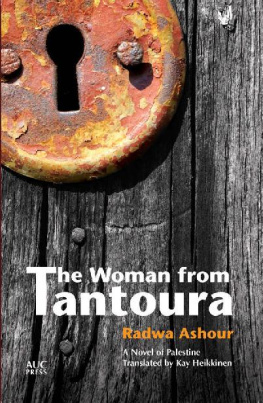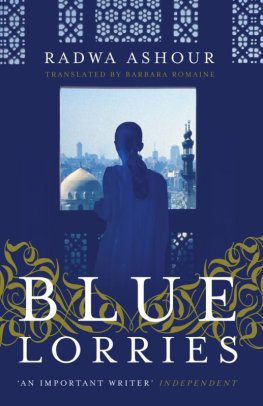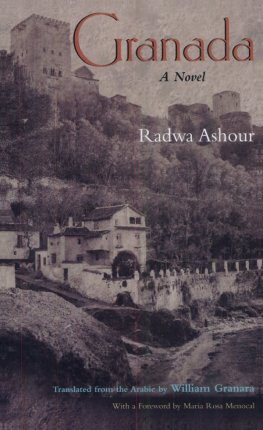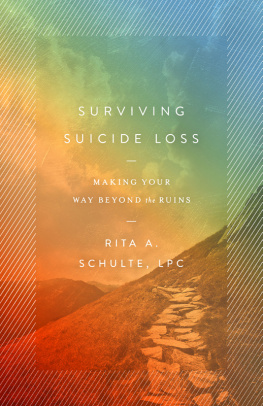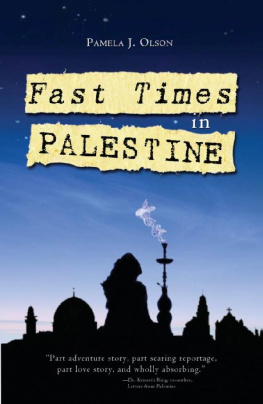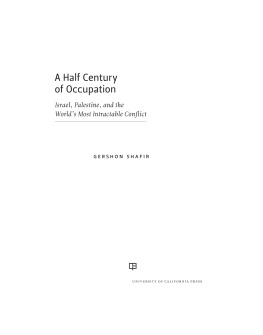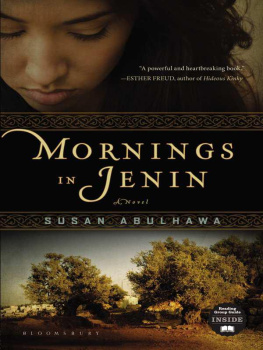

Radwa Ashour
Translated by
Kay Heikkinen
The American University in Cairo Press
Cairo New York
This electronic edition published in 2014 by
The American University in Cairo Press
113 Sharia Kasr el Aini, Cairo, Egypt
420 Fifth Avenue, New York, NY 10018
www.aucpress.com
Copyright 2010 by Radwa Ashour
First published in Arabic in 2010 as al-Tanturiya
Protected under the Berne Convention
English translation copyright 2014 by Kay Heikkinen
First published in paperback in 2014
All rights reserved. No part of this publication may be reproduced, stored in a retrieval system, or transmitted in any form or by any means, electronic, mechanical, photocopying, recording, or otherwise, without the prior written permission of the publisher.
ISBN 978 977 416 615 0
eISBN 978 161 797 571 4
Version 1
Translators Acknowledgments
I would like to thank Radwa Ashour, Wendy Munyon, and Kelly Zaug for their generous contributions to this translation. I would also like to thank Neil Hewison and Nadine El-Hadi, of the American University in Cairo Press, for their unfailing kindness in support of the work.
I would like to dedicate this translation to the memory of Farouk Abdel Wahab.
For Mourid Barghouti
Cast Ashore
He came out of the sea. Yes, by God, he came out of the sea as if he were of it, and the waves cast him out. He didnt come floating on the surface like a fish, he sprang out of it. I followed him as he walked toward the shore, his legs taut, pulling his feet from the sand and planting them in it, coming closer. He was bare, covered only by white pants held around his waist by a rope, drops of water shining on his face and shoulders. His hair was plastered on his head, chest, and arms, wet and shining. I was standing in front of him on the shore, but when I recall the scene I see myself on the threshing floor, among the stalks of wheat, spying on him while he was unaware of me. I know that the threshing floors were on the east side, separated from the sea by the houses of the village and the railroad, and that I was standing on the shore. I was tempted to run away, but I did not run.
I was the one who spoke first. I asked him his name and he answered, My name is Yahya, from Ain Ghazal.
What brought you here?
The sea!
His face reddened in a blush that I caught like an infection from him; shyness overcame me, and then him, too. I threw him a stammered goodbye, and then turned away.
As I was going I turned my head and did not see him, so I was sure that he could not see me. I ran to my friends and found them as I had left them, as if nothing had happened, chattering, and playing in the sand.
I told the story. It seems my words came tumbling out fast; they stopped me and asked me to start over. I did, and they began to wink at each other and laugh. I said, Whats so funny? I got up, shook the sand from my dress and went toward the house.
I didnt go into the house. I bypassed it and went to the Indian fig bushes behind the rear courtyard. I began to pick the fruit and went on until I filled the large basket that we left nearby. I carried it into the house, got a knife and a large plate, and crouched near the basket. I grasped the fruit between the thumb and index finger of my left hand, avoiding the circles of spines. With a single, quick blow I cut off the upper end with the knife and then the lower; then I split the rind lengthwise with the edge of the knife, pulling it back a little. Next I put the knife aside and freed the fruit from its spiny covering with my fingers and put it on the plate. Usually I would do that with a speed that astonished my two big brothers, as they could never succeed in peeling it, despite their love for the fruit. The spines would get stuck in their fingers and they would curse and swear while I watched them, laughing. When my mother would see me absorbed in peeling the figs, she would say, Bless you, youre as fast as always!
The sea was the border of the village, lending it its voices and colors, suffusing it with its scents, which we would smell even in the aroma of the large, flat stone-baked bread loaves. I dont remember when I learned how to swim just as I dont remember when I learned how to walk or talk. In later years I headed for coastal towns. I said, The sea in Beirut or Alexandria is the same sea, but it wasnt. City sea is different: you look at it from a high balcony or you walk along an asphalt path and the sea is there, separated from you by a ditch and a fence. And if you decide to go to it you come as a stranger, sitting in one of the coffee shops on the shore, or carrying with you strangers gearan umbrella, a chair, perhaps a towel and swimsuit. Its a limited visit; you come as a guest, then you pick up your things and leave.
Like most of the houses in the village, our house was entwined with the sea. I would go to it carelessly, almost unnoticing, two steps in the water meaning to wet my feet and then a wave would surprise me, wetting my whole garment. I would jump back to the sand and in the flash of an eye it would turn me into a sand creature, then another jump and I would dive into the water all the way. I would swim and play, alone or with the other girls and boys. We would share in digging, then Me, me, me . I would go down into the deep pit and they would spread sand over me until my body disappeared, leaving only the head rising excitedly from its warm, sandy burial place. A grave surrounded by the laughter and devilment of the young. At other times I would shout at the top of my lungs like someone struck by madness, Hun- ter ! Hun- ter ! I would crawl on the ground and jump and crawl again, in my hand the copper vessel that I had secured between the rocks as a trap for fish, in which the poor thing had been caught. I would lift the silver fish by its tail and say teasingly, My fish is always the biggest and the best. In a flash the thought would occur to me: Was it luck or my skill in scattering moistened crumbs in the bottom of the vessel, which I would cover with cloth, making holes in it that allowed the fish to slip inside when it was tempted by the food?
In our sea there is a sugar spring, a spring of sweet water fixed among the salty waves. Yes, by God, a sugar spring, and right beside it was the newlyweds plaza. We would hold our weddings on the shore; the young man would appear after his friends had bathed him and helped him into his new clothes. They would sing to him, The handsome one comes from the bath may God and his name be with him the handsome one comes from the bath God and his name be with him. He would appear on a horse curried as if it were the groom. We would jump as if we had grasshoppers inside us, jumping from the grooms street to the brides rock to all the aunts absorbed in preparing the food, and singing:
Say to his mother, rejoice and be glad,Place myrtle on the pillows and henna on our hands.The wedding is here and the couple is smiling,The home is my home and the rooms are all mine,We are engaged, let my enemy die!
We slip in among the young men who have left the beach and gone to dance the dabka. We stand next to an old man lost in the ecstasy of singing, who has begun before anyone has arrived, just singing alone, fascinated by his own voice and the verses he is repeating.
The wedding spreads over the seashore, and expands. It is festive with the womens trills and ahazij songs, the dabka circles, the aroma of grilled lamb, and the torches. The call and response of the ataba and ooof songs escape from the mens chests and reverberate, yes, by God, they escape and hover as if they might reach the Lord on his throne above, or fly beyond the neighbors to nearby villages to entertain the residents of the whole coast, from Ras al-Naqura to Rafah. Then the riders come, competing in galloping and dancing. Each is on the back of his purebred mare, digging up the sand of the beach with her hooves, her body and legs swept away as she approaches, turning, the young man on her back leaning lightly forward as if he were flying like her. The scene takes our breath away. We forget the sea. Perhaps the sea, like us, is absorbed in watching and forgets itself in calm, or is gradually overcome by sleepiness after the long evening. Like the sea, we give in to the gentle torpor. We dont notice until our mothers take us away, and we follow them like sleepwalkers. We settle into our beds, not knowing if we are in the house or on the beach, if what we see or what rings in our ears is the real wedding or a dream in our sleep.
Next page
